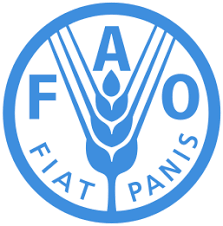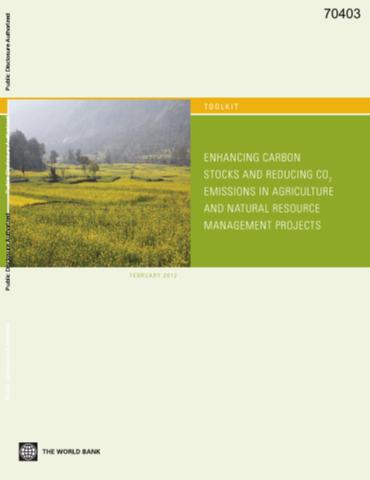Macedonia - Moving to Faster and More Inclusive Growth : A Country Economic Memorandum - Overview
This report deals with medium and
long-term growth issues rather than the challenges posed by
the world financial crisis, the structural policy options
presented in the report become even more important in that
context, and can help to partially mitigate the impact of
the crisis on Macedonia. Section B looks at poverty and
inequality issues. Section C examines Macedonia's past
growth in terms of total factor productivity analysis,





